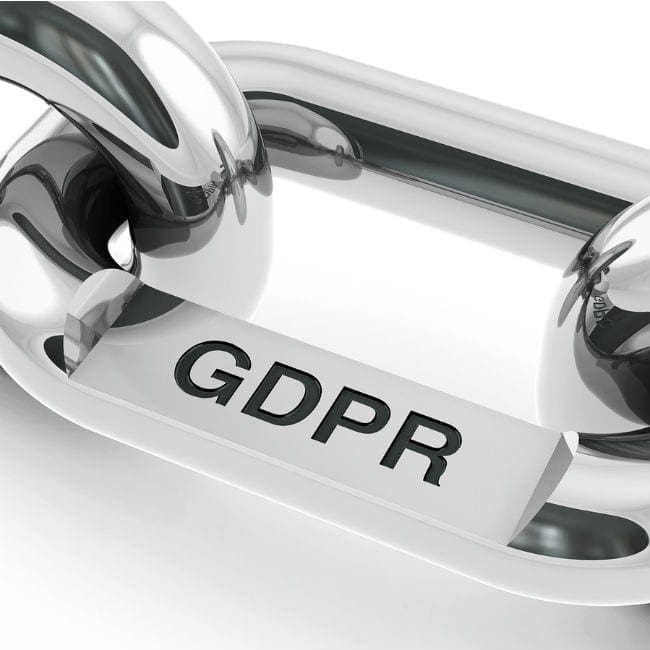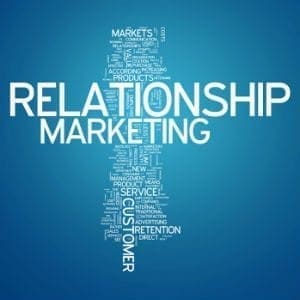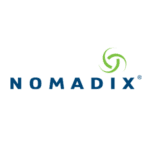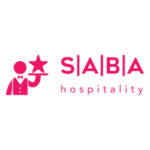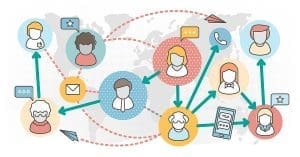 It’s easy to see “relationship marketing” written down and think “yeah, I know what that’s about”. You sell yourself—and your business—in a way that creates endearment from another party. Seems just like a first date!
It’s easy to see “relationship marketing” written down and think “yeah, I know what that’s about”. You sell yourself—and your business—in a way that creates endearment from another party. Seems just like a first date!
However, relationship marketing is about so much more than wining and dining. Just as that early stage of dating does not make a marriage, relationship marketing is really a continuous cycle of everyday processes that are pivotal both to customer acquisition and retention.
For hoteliers, what constitutes good relationship marketing is changing in the face of technological developments and ever-growing social dilemmas. Here are a few good examples of it, along with context on why it is significant to hotels.
A consistent and personal customer-facing presence
This is just as important over social media outlets and customer service phone lines as it is in the lobby or at the reception desk. Your hotel needs to provide an omnichannel experience that is accessible immediately and through a range of mediums.
Companies nowadays are looking to technology to reinforce this, whether it be through CRM software or VoIP phone systems for businesses. Combined, those solutions can swiftly guide customers through to points of contact who are filled in on the nature of a particular query.
Why this is important for hoteliers: For travellers, this couldn’t be clearer. When they book your accommodation, they’re entrusting their good night’s sleep, morning routine—and in some cases more—to you. If you as a hotelier aren’t acting on feedback arising from that, you’re on a slippery slope.
On the B2B front, event-planning company, Convene, cites slow response times as one of the three biggest errors venues make in the event-planning process. Convene suggests designated points-of-contact as one of the key aspects to speeding up response times, and efficiency will be increased when all staff involved in the process are up to speed.
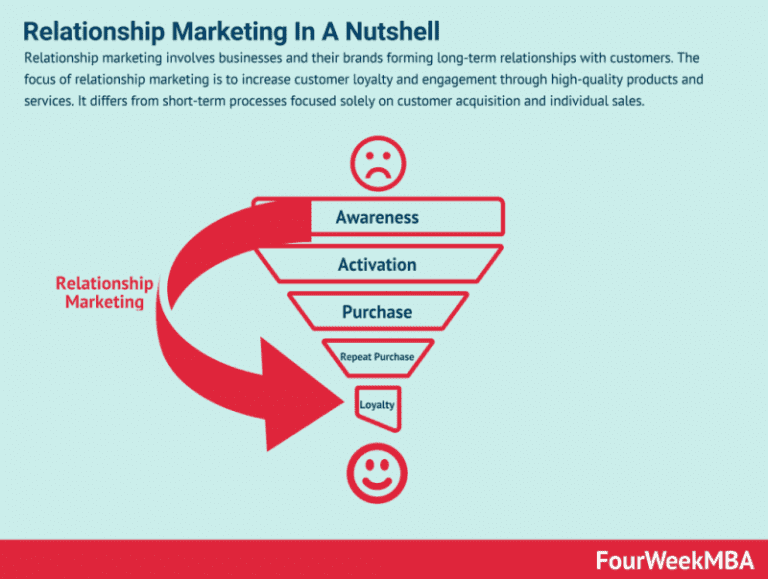
Being purpose-driven
Would you conduct business with a company motivated purely by profit? If a business displays such little care for the wider world, what care could they possibly show you? That’s a question you need to prevent potential guests from asking if your relationship marketing is to succeed.
Whether it’s being environmentally friendly, supporting notable causes, or donating to charities, research from Clutch shows that consumers consider social responsibility a significantly more important company attribute than pricing.
Why this is important for hoteliers: Research from Skift’s 2019 Millennial and Gen Z traveler survey showed more than half of respondents from territories including the UK, USA, Australia, India, and China consider it important to travel with businesses that prioritize environmentally-friendly practices.
More importantly to hoteliers, most of those travellers indicated they were willing to pay higher prices to travel companies prioritizing sustainability. Those figures were around 50% in the UK and USA and above 75% in China and India.
The message could not be any clearer. Being purpose-driven is profitable, especially if you’re looking to cater to younger travelers. Getting that message across through relationship marketing has never been more important.
Email marketing
Email marketing is perhaps the most direct way to reach a customer today. Smartphone owners with email notifications turned on will instantly see an email if it reaches them while they’re browsing the phone. If a smartphone owner isn’t browsing their phone when they receive the email, it will still be one of the first things they see when they start browsing once again.
That type of direct contact helps remove some of the obstacles social media provides; users with active Facebook, Instagram, or Twitter feeds may be browsing specifically for updates from their friends or favorite celebrities. In that scenario, it’s tough for your content to become the consumer’s primary focus.
Businesses can approach a customer as you would approach a friend. Perhaps you haven’t reached out in a while. Perhaps you have big new plans. Perhaps there’s a certain time of year that makes you think of that person. As long as you pitch it the right way, and you don’t flood the customer’s inbox, email marketing can grow the relationship.
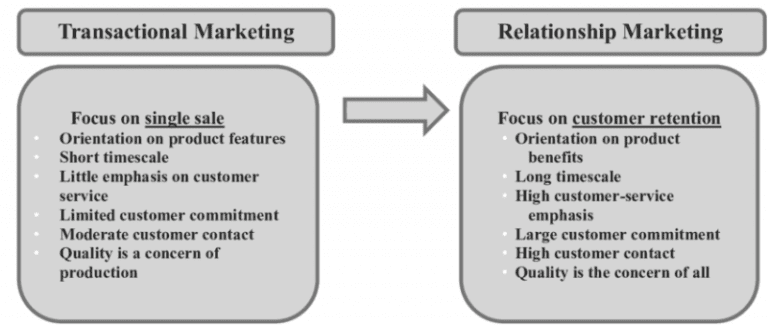
Why this is important for hoteliers: Put simply, it’s the most direct way for customers to learn about upcoming discounts and relevant news. However, emails also double as a useful customer service tool, particularly in the immediate time before a guest’s arrival and after their departure.
MailerLite suggests seven key steps in a hotel’s email marketing strategy:
- Signup forms – The simpler, the better. Ideally, all that should be needed is an email address and a name. Including incentives for signing up is also key.
- Segmentation of subscribers – This is all about personalization. Different demographics require different campaigns.
- Pre-arrival emails – Any key information the guest should know, but may have forgotten? Include it here!
- Growing your social presence – Use emails to promote your social media output, and any promotions exclusive to those outlets.
- Obtaining feedback – PowerReviews found that 80% of all reviews content is generated from emails.
- Post-checkout emails – Your chance to encourage your guests to stay again, ideally with incentives.
- Campaign tracking – Use data to see how many people are opening your emails and clicking on links contained within them.
Make the heart grow fonder with content
Your marketing ideally needs to strike an emotional chord with your target audience. Social media is where relationships take center stage, whether those be with loved ones, friends, or celebrities. That begs the question for hoteliers: How does your marketing make your relationship with past and potential guests take center stage?
Whether it’s creating a fear of missing out, capturing the best views the local area has to offer, or explaining how to make best use of your amenities, your content must whet the appetite of a potential guest. If social media really is a highlight reel, travel-related marketing content needs to be the highlight of all highlights.
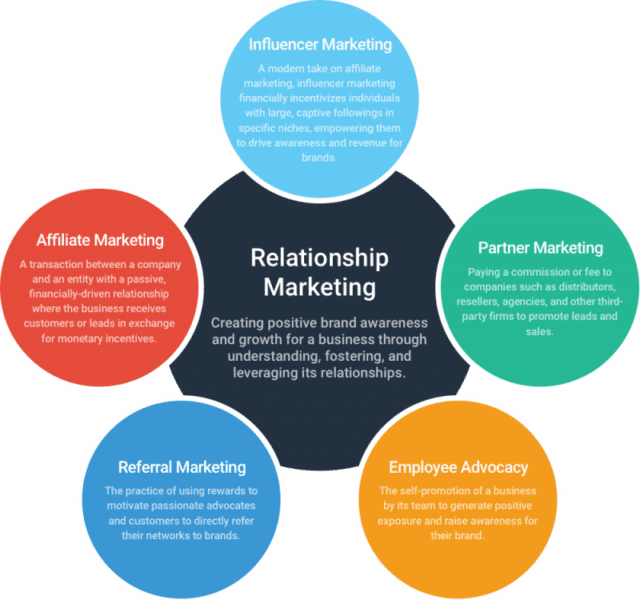
Why this is important for hoteliers: According to Siteminder, people browse Facebook five times as often as they browse travel-related websites. Savvy hoteliers should—and do—take advantage of this to offer promotions exclusive to the medium.
For boutique hotels, content is of particular importance, and arguably the best way of promoting a USP. Imagine you’re heading to an attractive but somewhat remote area you’ve heard plenty about, but maybe haven’t had the time to research the ins-and-outs of. You look into accommodation and see a B&B or guesthouse with a blog promoting local businesses, sites, and landmarks.
The level of care that hotel puts into promoting their local area could also lead you to consider the other customer service benefits offered by staff on-site, making you much more likely to book!
Using customer data to deliver a personalized experience
Hotels can use specific customer relationship management (CRM) systems to help achieve this. CRM systems can keep track of why customers book, their demographics, the length of their stay, the resources they use, as well as their needs and expectations.
This can help further support some of the strategies mentioned previously. For example, CRM systems can use customer data to support email campaigns or to determine the direction of purpose-driven marketing campaigns based on the causes a customer base deems most significant.
Why this is important for hoteliers: More and more CRM systems are being designed with the hotelier in mind. Additionally, they’re being designed with separate consumer-specific and B2B-specific goals in mind, allowing hoteliers clarity in tackling each scenario.
That clarity helps avoid confusion in instances such as those where a regular guest has preferences on the time of day they’re served breakfast, for example. For B2B-specific clients, CRM can help you understand the requirements of a client that books an annual event at your hotel. Understanding the brief is critical, especially with a demanding customer.
When it comes to increasing efficiency amongst event-planning teams, recording phone calls can be a venue’s best friend. It’s one thing to understand the brief, but losing track of it is just as critical an error for hoteliers looking to ensure their promises are fulfilled.
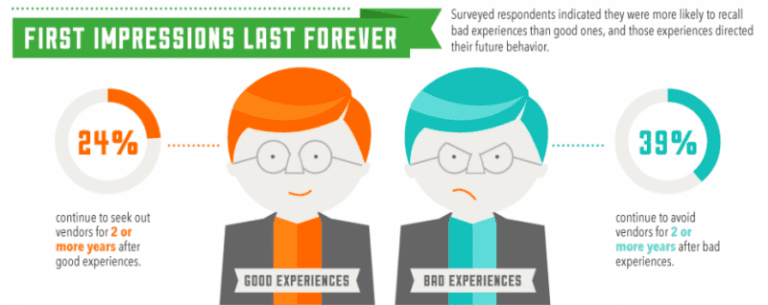
Loyalty programs
Customers don’t need additional incentives to conduct further business with a company that has already provided them excellent customer service. However, as reciprocity marketing goes to show, people will generally feel an obligation to return kindness when it is first extended to them.
That’s what makes loyalty programs tick. Whereas the initial transaction occurs between mutual benefactors, with the customer getting the service and the business getting the income, loyalty programs take the relationship between customer and service provider to the next level.
Why this is important for hoteliers: Look no further than the IHG (Intercontinental Hotel Group) Rewards program. Available across a range of brands, their hospitality is highly regarded due to the levels it will go to add a personal touch for their guests.
On the B2B front, IHG has sought to innovate by being first to launch the new GroupSync event-booking platform, with the CEO of development team Groups360 noting repeat customers will have greater controls over logistics. IHG’s speediness in conducting functional testing before going live may have given them an advantage over competitors.
Conclusion
All-in-all, it should be a given that hoteliers need to strike a chord with the customer. Effective relationship marketing can fill the ever-clearer need the customer has for moral alignment with your business practices. Alternatively, marketing can further the hotel’s relationship with the customer by providing offers and incentives that would otherwise have gone unnoticed.
It’s also clearer than ever that software is key to understanding what makes a customer buy into your practices, and what makes them book with you. Consider CRM systems. Consider cloud phone systems. The time and the different types of testing involved in getting it all integrated into your operations is considerable, but the rewards are clear.
Just like a good first date, you don’t want a guest’s first booking to be their last!








